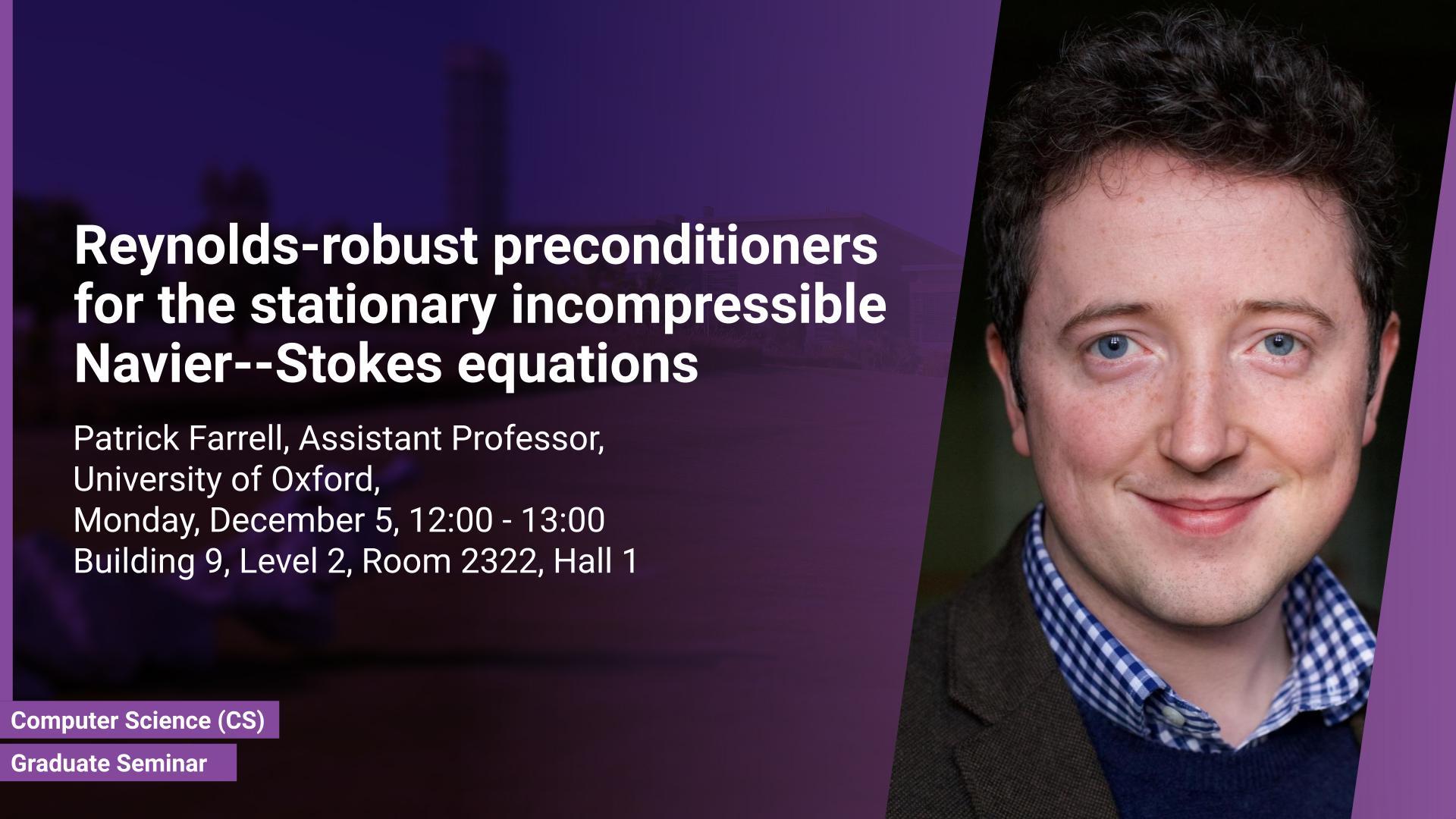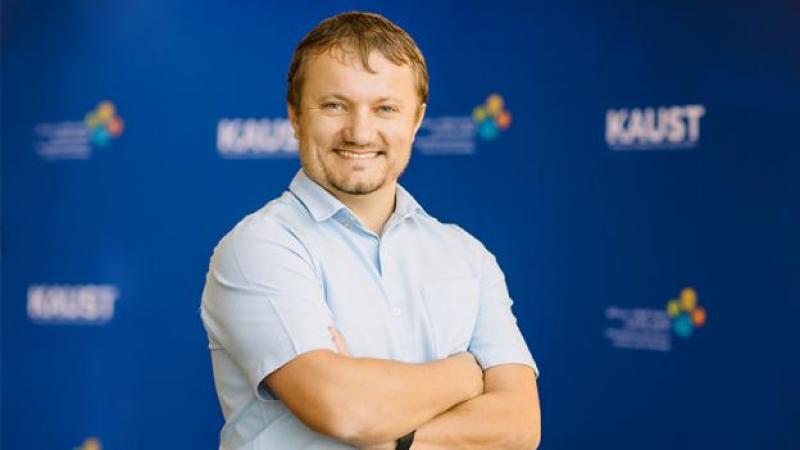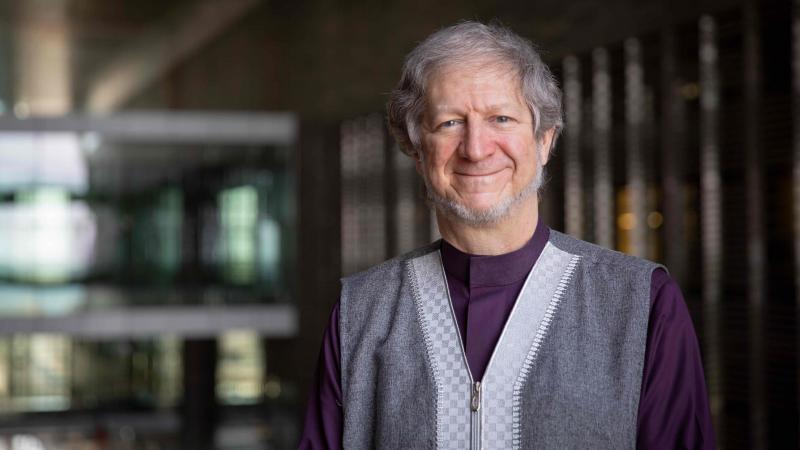Abstract
When approximating PDEs with the finite element method, large sparse linear systems must be solved. The ideal preconditioner yields convergence that is algorithmically optimal and parameter robust, i.e.~the number of Krylov iterations required to solve the linear system to a given accuracy does not grow substantially as the mesh or problem parameters are changed.
Achieving this for the stationary Navier--Stokes has proven challenging: LU factorization is Reynolds-robust but scales poorly with degree of freedom (dof) count, while Schur complement approximations such as PCD and LSC degrade as the Reynolds number is increased.
Building on the work of Schöberl, Olshanskii, and Benzi, in this talk we present the first preconditioner for the Newton linearization of the stationary Navier--Stokes equations in three dimensions that achieves both optimal complexity in dof count and Reynolds-robustness. The exact details of the preconditioner varies with discretisation, but the general theme is to combine augmented Lagrangian stabilization, a custom multigrid prolongation operator involving local solves on coarse cells, and an additive patchwise relaxation on each level that captures the kernel of the divergence operator.
We present 3D simulations with over one billion degrees of freedom with robust performance from Reynolds number 10 to 5000. We also present a recent extension to a system of equations arising in the magnetohydrodynamics of liquid metals.
Brief Biography
Patrick Farrell is an associate professor in the numerical analysis group of the University of Oxford. He studied for his undergraduate degree at the National University of Ireland, Galway, and for his PhD at Imperial College London. His research interests are in finite element methods, bifurcation analysis of nonlinear PDEs, adjoint techniques, and fast preconditioners and solvers. He has been awarded an EPSRC Early Career Research Fellowship (2013-2018), the 2015 Wilkinson Prize for Numerical Software, a 2015 Leslie Fox Prize in Numerical Analysis, the 2021 Charles Broyden Prize in optimisation, and a 2021 Whitehead Prize from the London Mathematical Society.


